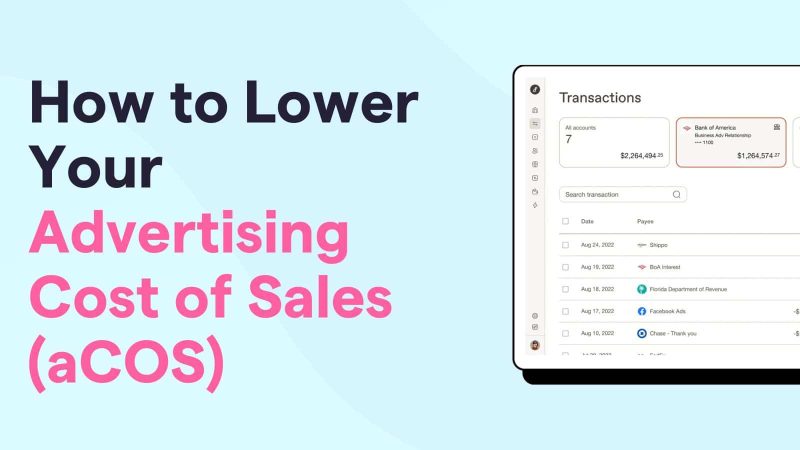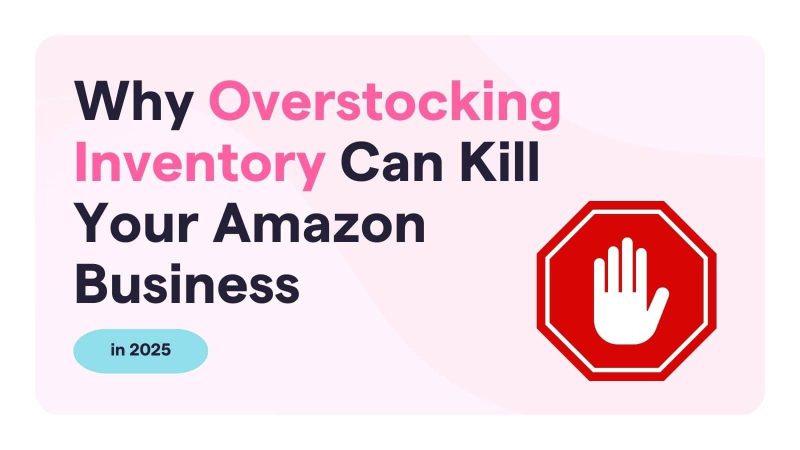It’s a dry subject, we know: LLC vs S-Corp? But believe it or not, the business entity and tax designation you choose can significantly impact your taxes, liability, and overall business success.
Choosing the wrong entity can cost you tens of thousands of dollars a year!
In this blog, we’ll dive into the principles behind LLCs vs S-Corps for your Amazon FBA business. We will offer our recommendations for which one might be best.
But first, let’s talk about the difference between business entities and tax designations.
Are LLCs and S-Corps Legal Business Entities?
The answer is yes and no. It’s common for people to misunderstand business entities and tax designations. Simply put, an LLC is a type of business entity, while an S-Corp is a tax classification.
So, if you’re choosing a business entity, you’re really choosing between an LLC or a corporation. An LLC offers limited liability and less government oversight, while corporations have more access to capital but are more closely monitored by the government. Each has its pros and cons, so it’s essential to assess which structure best fits your needs. We recommend working with an experienced Amazon seller accountant who can guide you best depending on your situation.
As a general rule, for those new to Amazon FBA, an LLC offers flexibility and simplicity. However, if you’re looking to expand or have been in the Amazon FBA arena for a while, a corporation might be the better choice.
I’ve Chosen My Business Entity Type, So What’s Next?
Whether you picked an LLC or corporation, the next step is to select your tax designation. Here’s where the S-Corp election comes in. You need to elect the S-Corp designation because it is not automatic.
Important Note: If you don’t designate S-Corp for tax purposes, you’ll be taxed like a regular corporation or C-Corp, and you’ll lose the special benefits that S-Corps enjoy.
Remember, to designate your business as an S-Corp, you need to be a traditional corporation or LLC first. If you chose a sole proprietorship or partnership, you can’t be an S-Corp for tax purposes. However, the choice is yours—you can remain a corporation or LLC without designating as an S-Corp.
LLCs for Amazon FBA Businesses
Now that we’ve cleared up the entity type misunderstanding, let’s discuss LLCs in relation to Amazon FBA businesses. One of the biggest advantages of an LLC is the protection it offers. Unlike a sole proprietorship, an LLC separates your personal assets from your business liabilities. This means if your business incurs debt or faces a lawsuit, your personal assets are generally protected.
Additionally, LLCs have unique traits that make them stand out. They offer simplicity and less government oversight compared to corporations, which are strictly monitored by the SEC due to various compliance requirements.
LLCs also provide more freedom in managing your business. For instance, LLC management can be flexible, whereas corporations require a structured management system, including a board of directors.
You might want to pick an LLC for your Amazon FBA business if:
- You’re not looking to expand your business in the next five to ten years.
- You want a flexible management structure where members can also manage the business.
- You want to avoid double taxation.
- You want to take advantage of state-specific regulations that are exclusive only to LLCs.
Don’t pick LLC for your Amazon FBA business if:
- You want to establish better credibility since corporations are governed strictly.
- You want structured leadership for better oversight and management of crucial business departments.
S-Corps for Amazon FBA Businesses
In this section, we compare S-Corp vs. C-Corp since that’s a more accurate comparison than S-Corp vs. LLC. The election of S-Corp designation is not automatic. You’ll need to inform the IRS about this election to enjoy the benefits it offers to a business.
Choosing between S-Corp and C-Corp depends on your long-term goals for your Amazon FBA business.
Consider the S-Corp designation if:
- You want to avoid double taxation because your income share from the Amazon FBA business as an S-Corp is included in your personal tax return and not taxed at the business level.
- You want to pay yourself a salary to manage the business, which can reduce the tax burden.
- You want to take advantage of lower individual tax rates compared to higher corporate tax rates.
Avoid the S-Corp designation if:
- You plan to grow your Amazon FBA business by accepting more investors. S-Corps are limited to 100 shareholders, which is not ideal for businesses seeking significant investment.
- You want to maximize business deductions. C-Corps can deduct various allowable expenses like charitable contributions or loss carryforwards.
- You plan on offering fringe benefits to employees, as S-Corps have stringent rules on fringe benefit deductions.
Get Extra Help With Choosing LLC vs S-Corp for Amazon FBA
Choosing between an LLC or S-Corp isn’t as simple as picking your favorite ice cream flavor. It’s all about your business needs and how you operate. If you’re finding it tough to decide which is best for you, don’t worry—MuseMinded is here to help. We can guide you through the pros and cons of each option, explain the tax benefits, and help you make the best choice for your Amazon FBA business.
Simply head over to our Getting Started page to schedule a call with us, and we can figure out the best option for your needs together.
Until next time!




